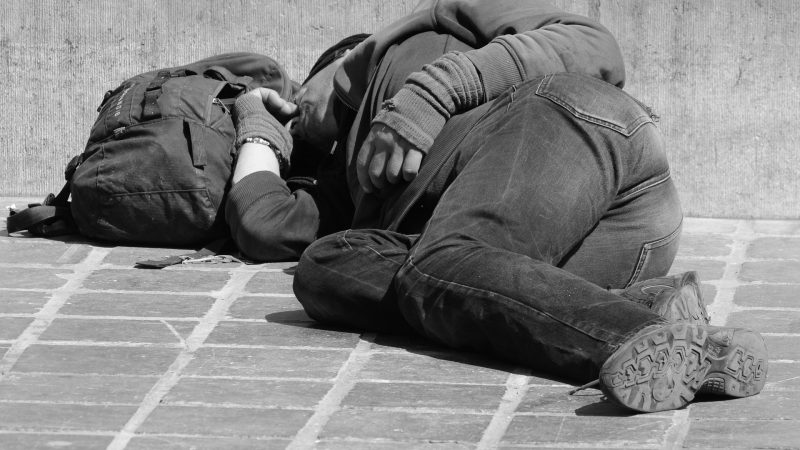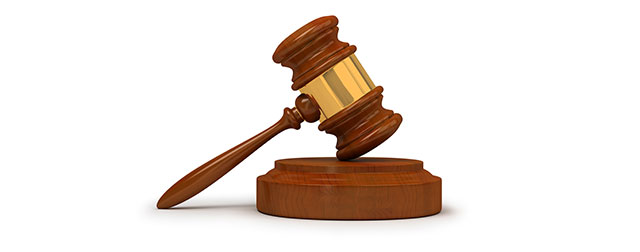Michael Bayes noticed the shaking woman walking up to the COSAC Homeless Shelter. As he opened the door, her body began to fold and her eyes rolled to the back of her head.
Bayes, 61, in a wheelchair, attempted to grab the woman and guide her body to the pavement. She was having a seizure.
“With Lisa this happens everyday,” Bayes said. “I try to help as much as I can. It hurts to see people sick.”
The woman is Lisa Michne. She is 41 years old, and like Bayes, lives at COSAC, 1203 North Federal Highway. She’d been released from the hospital the night before for the same thing. Seizures.
Michael Payne, the head security of the shelter, said Michne has had more than 10 seizures this week. For anyone unfamiliar with homeless shelters, the figure seems outrageous. But for Payne, it’s routine.
“Seizures are a part of the job,” Payne said. “It happens three to four times a day.”
Because the seizures are constant, and because the reasons for the seizures vary, the staff created different codes by which to call them.
Clifford Pieczarka, a special security guard who’s been with the shelter for 15 years and responded to Michne’s call, said each code corresponds with different pain levels.
“Code one starts at a lesser amount of pain, and code three is a dire emergency. Their well-being is in danger,” said Pieczarka.
Michne’s case was dispatched as a code three.
For all seizures, the staff keeps what they call a “cardiac box” beside the front desk. It stores a portable defibrillator, a blood pressure cup, and trauma kit among other things.
Daletha Brown, a certified nurse at the shelter, explained that in some cases the staff needs to resuscitate the person before the ambulance arrives.
“We use CPR and sternum rubs,” said Brown, adding that’s when the cardiac box becomes necessary. But Michne was coherent as paramedics arrived. Her code three slowly dwindled as she recognized faces and understood what had just occurred.
Brown attributes Michne’s frequent seizures to changes in medication.
“If you take medications for so long, your body slowly becomes immune to them,” said Brown, who’s seen Michne – and the medication she takes – come and go from the shelter for over two years.
The Hollywood Fire Rescue truck lifted Michne before the setting sun, and before a day went by she was sent back to the hospital again.
“This is just something you grow adept to,” said Pieczarka.
All Too Common



